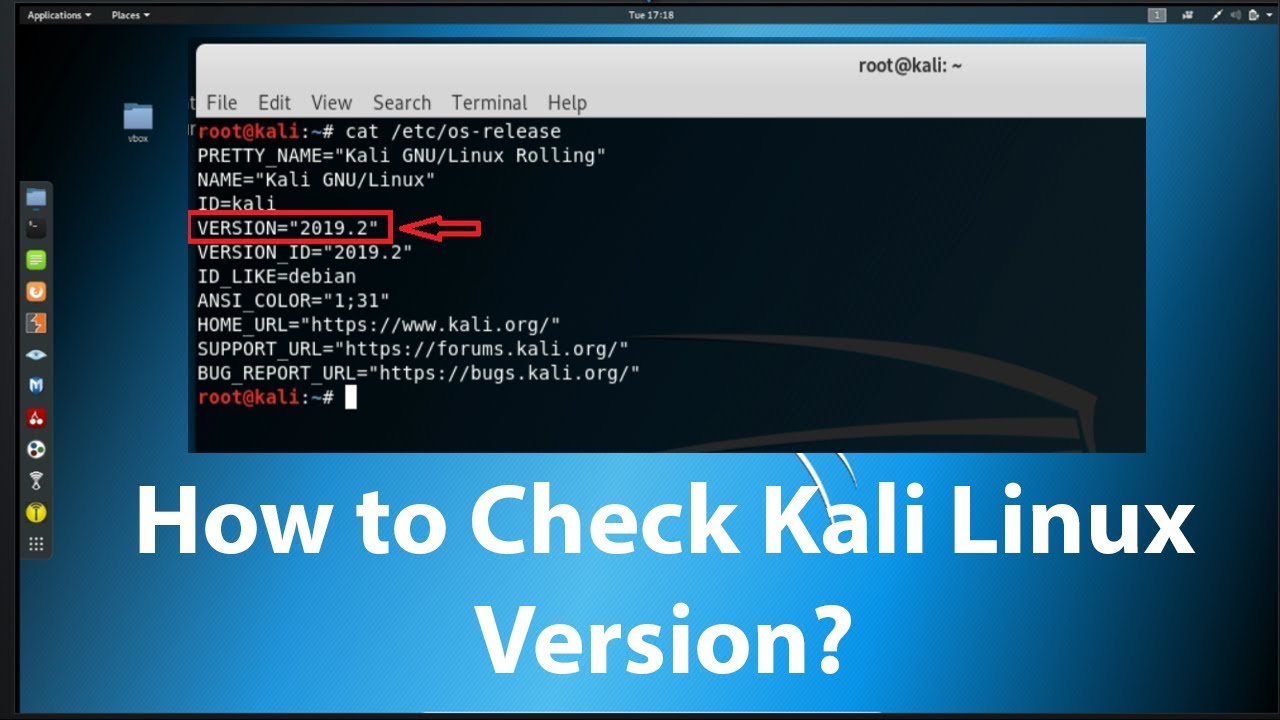Within the expansive domain of cybersecurity, the necessity for robust instruments to pinpoint and mitigate vulnerabilities is paramount. One such instrument that has garnered significant acclaim among cybersecurity professionals and bug hunters alike is Nikto. This formidable web vulnerability scanner is meticulously crafted to unearth weaknesses within web applications, servers, and networks, thereby fortifying organizations’ security posture and shielding them against potential threats.
Throughout this article, we will delve into the top 30 Nikto commands, presenting a comprehensive guide on how to leverage the full potential of this indispensable tool for optimal vulnerability scanning and mitigation purposes.
What is Nikto?
Nikto is an open source web server scanner that scans multiple web servers for vulnerabilities. Nikto is a powerful open source web server scanner that scans multiple web servers for potential vulnerabilities. It is often used by security professionals to evaluate the security of websites and web applications and has been widely accepted in the cybersecurity world.
Key Features
Nikto, a widely recognized web vulnerability scanner, provides a wide range of features that empower cybersecurity professionals and bug hunters in securing web applications.
Here are some of its key features:
Comprehensive Scan
Nikto conducts comprehensive scans of web servers and applications, diligently examining a wide range of vulnerabilities and misconfigurations.
Cross-platform Support
Nikto caters to a diverse user base with compatibility across Linux, Windows, and macOS. Furthermore, it ensures accessibility and usability across different platforms, making it a top choice for cybersecurity professionals and bug hunters alike.
Plugin Support
Nikto boasts strong plugin support, thereby enabling users to enhance its functionality and efficiently detect specific vulnerabilities, outdated software versions, and other security issues.
Customizable Scans
Users can customize Nikto scans to meet their exact requirements by specifying target URLs, ports, plugins, scan options, timeouts, delays, user-agent strings, and more.
HTTP Method Support
Utilizing various HTTP methods such as GET, POST, and HEAD, Nikto intelligently interacts with web servers to uncover vulnerabilities exposed through these methods.
SSL/TLS Checks
Nikto rigorously checks SSL/TLS configurations, identifying potential security weaknesses related to encryption protocols, ciphers, and certificate issues.
Proxy Support
By allowing configuration for proxy servers, Nikto enables flexible and controlled scanning environments for web applications.
Reporting
Nikto generates detailed reports in multiple formats (HTML, CSV, JSON, etc.), summarizing scan results, vulnerabilities found, and providing actionable recommendations for remediation.
Authentication Support
Support for authentication mechanisms enables Nikto to scan web applications requiring login credentials, ensuring comprehensive security assessments.
Follow Redirects
Nikto seamlessly follows HTTP redirects, ensuring that all relevant parts of a web application are thoroughly scanned for vulnerabilities.
Outdated Software Detection
Nikto’s plugins include detection capabilities for outdated software versions and known vulnerabilities associated with them.
Tuning Options
Users can fine-tune Nikto scans using tuning options, focusing on specific types of checks (informational, quick, safe, etc.) tailored to their scanning objectives.
Nikto’s robust feature set, adaptability, and customization options make it an indispensable tool for conducting comprehensive web vulnerability assessments and bolstering web application security.
Installation
Before you can start scanning websites, you need to install Nikto on your Linux system. The installation process can vary depending on your specific distribution, but it’s generally straightforward. Ensure that you have Perl installed as Nikto relies on it. Installation instructions can be found below .
Nikto comes pre-installed on Kali Linux machines. You can find it in the Vulnerability Analysis menu or by typing in the terminal.
Arch Linux
pacman -S niktoDebian
sudo apt updatesudo apt install nikto
Scanning Websites with Nikto
Once Nikto is installed, you’re ready to scan websites for vulnerabilities. Here’s a step-by-step guide:
- Open a Terminal: Launch a terminal on your Linux system.
- Run Nikto: To scan a website, use the following command:
Basic Nikto Commands
Here are some common Nikto commands that you can use:
- Basic Scan:
nikto -h <target URL>- Scan a Specific Port:
nikto -h <target URL> -p <port number>- Scan Multiple Hosts:
nikto -h <target1 URL> <target2 URL> <target3 URL>- Customize Output File:
nikto -h <target URL> -o <output file name>- Disable SSL Certificate Validation:
nikto -h <target URL> -ssl -no_ssl_check- Use Proxy for Scan:
nikto -h <target URL> -useproxy http://<proxy IP>:<port>- Scan Specific Plugins:
nikto -h <target URL> -plugins +<plugin1>,+<plugin2>- Set Authentication Credentials:
nikto -h <target URL> -id <username>:<password>- Perform a Comprehensive Scan:
nikto -h <target URL> -C allReplace <target URL>, <port number>, <output file name>, <proxy IP>, <username>, <password>, <plugin1>, <plugin2> with the appropriate values for your scan requirements.
Advance Nikto Commands
Here are some advanced Nikto commands that you can use for specific scanning scenarios:
- Scan Specific HTTP Methods:
nikto -h <target URL> -Tuning <options>Replace <options> with one or more of the following:
i: Informational checks onlyq: Quick checks (non-disruptive)s: Safe checks (non-disruptive)b: Enumerate multiple index filesd: Debug outputo: Output to file (-o <output file name>)
- Customize Plugin and Test Selection:
nikto -h <target URL> -plugins <plugin1>,<plugin2>,...Replace <plugin1>, <plugin2>, etc., with the specific plugins you want to run.
- Set Scan Timeouts and Delays:
nikto -h <target URL> -timeout <seconds> -delay <milliseconds>Replace <seconds> with the desired timeout duration and <milliseconds> with the desired delay between requests.
- Disable Specific Tests or Checks:
nikto -h <target URL> -Disable <test1>,<test2>,...Replace <test1>, <test2>, etc., with the tests or checks you want to disable.
- Customize User-Agent String:
nikto -h <target URL> -useragent <user-agent string>Replace <user-agent string> with the custom User-Agent header value.
- Follow Redirects and Re-Check Hostnames:
nikto -h <target URL> -followredirect -host <hostname>Use -followredirect to follow redirects and -host <hostname> to specify a custom hostname.
- Use Proxy for Scan:
nikto -h <target URL> -useproxy http://<proxy IP>:<port>Replace <proxy IP> and <port> with your proxy server’s IP address and port number.
- Set Authentication Credentials:
nikto -h <target URL> -id <username>:<password>Replace <username> and <password> with the appropriate credentials for HTTP basic authentication.
These advanced Nikto commands provide greater control and customization options for your vulnerability scanning tasks. Adjust the parameters according to your specific requirements and environment.
Nikto Commands for Bug Hunters
Here are some Nikto commands specifically tailored for bug hunters and security researchers:
- Scan Specific Ports for Common Vulnerabilities:
nikto -h <target URL> -p <port1,port2,...>Replace <port1,port2,...> with a comma-separated list of ports to scan for common vulnerabilities.
- Scan Multiple Hosts for Vulnerabilities:
nikto -h <target1 URL> <target2 URL> ... -p <port>Replace <target1 URL>, <target2 URL>, etc., with the URLs of the hosts you want to scan.
- Scan for Outdated Software Versions:
nikto -h <target URL> -plugins outdatedUse the outdated plugin to identify outdated software versions that may be vulnerable.
- Check for Specific Vulnerabilities or Misconfigurations:
nikto -h <target URL> -Tuning <options>Replace <options> with specific tuning options such as i for informational checks, q for quick checks, s for safe checks, b for enumerating multiple index files, and d for debug output.
- Use Comprehensive Scan Settings:
nikto -h <target URL> -C allPerform a comprehensive scan (-C all) to cover a wide range of tests and checks.
- Customize User-Agent String and Host Header:
nikto -h <target URL> -useragent <user-agent string> -host <hostname>Replace <user-agent string> with a custom User-Agent header value and <hostname> with a custom hostname.
- Follow Redirects and Check SSL/TLS Configuration:
nikto -h <target URL> -followredirect -ssl -no_ssl_checkUse -followredirect to follow redirects, -ssl to check SSL/TLS configuration, and -no_ssl_check to disable SSL certificate checks.
- Set Scan Timeouts and Delays:
nikto -h <target URL> -timeout <seconds> -delay <milliseconds>Adjust <seconds> for timeout duration and <milliseconds> for delay between requests.
- Save Output to File and Generate Reports:
nikto -h <target URL> -o <output file name> -Format <format>Replace <output file name> with the desired output file name and <format> with the format for the report (e.g., html, csv, json).
These Nikto commands provide bug hunters with the flexibility to conduct thorough vulnerability assessments, identify potential security issues, and generate actionable reports for further analysis and remediation.
Conclusion:
In conclusion, the top 30 Nikto commands serve as a robust arsenal for enhancing the capabilities of this premier web vulnerability scanner. By effectively utilizing these commands, cybersecurity professionals, bug hunters, and organizations can fortify their defenses, pinpoint vulnerabilities, and protect their web assets from potential threats.
Moreover, the versatility, customization options, and comprehensive scanning capabilities of Nikto position it as a standout choice for bolstering web security and minimizing risks. Embracing these commands empowers users to proactively tackle security vulnerabilities and guarantee the resilience of their web applications in the constantly evolving cybersecurity landscape.
Reference:




nikto commands are very useful, thanks